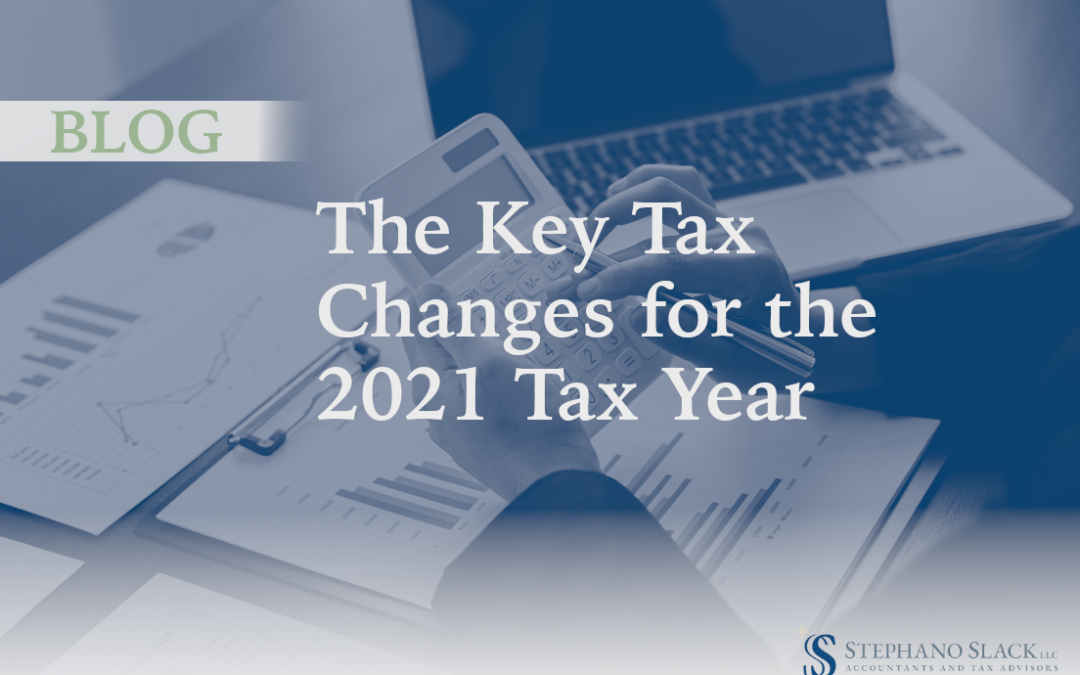Another pandemic year has led to significant tax law changes for the 2021 tax season. Here’s a brief rundown of the major developments.
The American Rescue Plan (ARP) Act
The American Rescue Plan Act, the $1.9 trillion COVID relief package signed by President Joe Biden in March, brought the following tax changes:
- Offered a recovery rebate equal to a $1,400 advance payment ($2,800 for joint filers)
- Enhanced the child tax credit, earned income tax credit, and child and dependent care tax credit
- Increased the employer-provided dependent care assistance
- Excluded up to $10,200 of unemployment compensation (UC) benefits for 2020
- Allowed the voluntary extension of Families First Coronavirus Response Act (FFCRA) sick and family leave benefit
- Extended the employee retention tax credit
- Increased the Affordable Care Act (ACA) premium tax credits
- Limited the deduction of excessive employee compensation
These changes under ARP are limited in scope, temporary, and apply only to the 2021 tax year unless Congress extends them and makes them permanent.
The Build Back Better (BBB) Plan
Passed by the House in November, the Build Back Better Plan brings a number of tax reforms with it, including the following:
- Creating a new alternative minimum tax (AMT) on certain corporations
- Imposing a 1% excise tax on publicly traded U.S. corporations
- Imposing a high earner surtax of 5% for individual taxpayers with modified adjusted gross income (MAGI) in excess of $10 million and an additional 3% to those with MAGI in excess of $25 million
- Expanding the net investment income (NII) tax on high-income taxpayers
- Permanently disallowing excess business loss deduction
- Extending the child tax credit enhancements and monthly payments as well as the earned income tax credit enhancements
- Limiting individual retirement account (IRA) contributions for high-income taxpayers
- Increasing required minimum distributions (RMD), the amount that must be withdrawn from retirement accounts by taxpayers who are at least 72 years old, for high-income taxpayers with large retirement account balances
- Prohibiting “backdoor” Roth contributions
- Restricting conversions to Roth accounts
- Modifying the state and local tax (SALT) deduction limit
Other Developments Impacting 2021:
- Individual taxpayers are allowed a deduction for cash contributions to public charities.
- After being waived in 2020, RMDs must be made for 2021.
- The 80% net operating losses rule is applicable again for the 2021 tax year after being suspended for 2018, 2019, and 2020.
If you need assistance with planning and filing your taxes, feel free to get in touch with us at hello@stephanoslack.com. Our reliable team of tax professionals at Stephano Slack will be glad to assist you. To learn more about our services, visit www.stephanoslack.com/services today.



Recent Comments